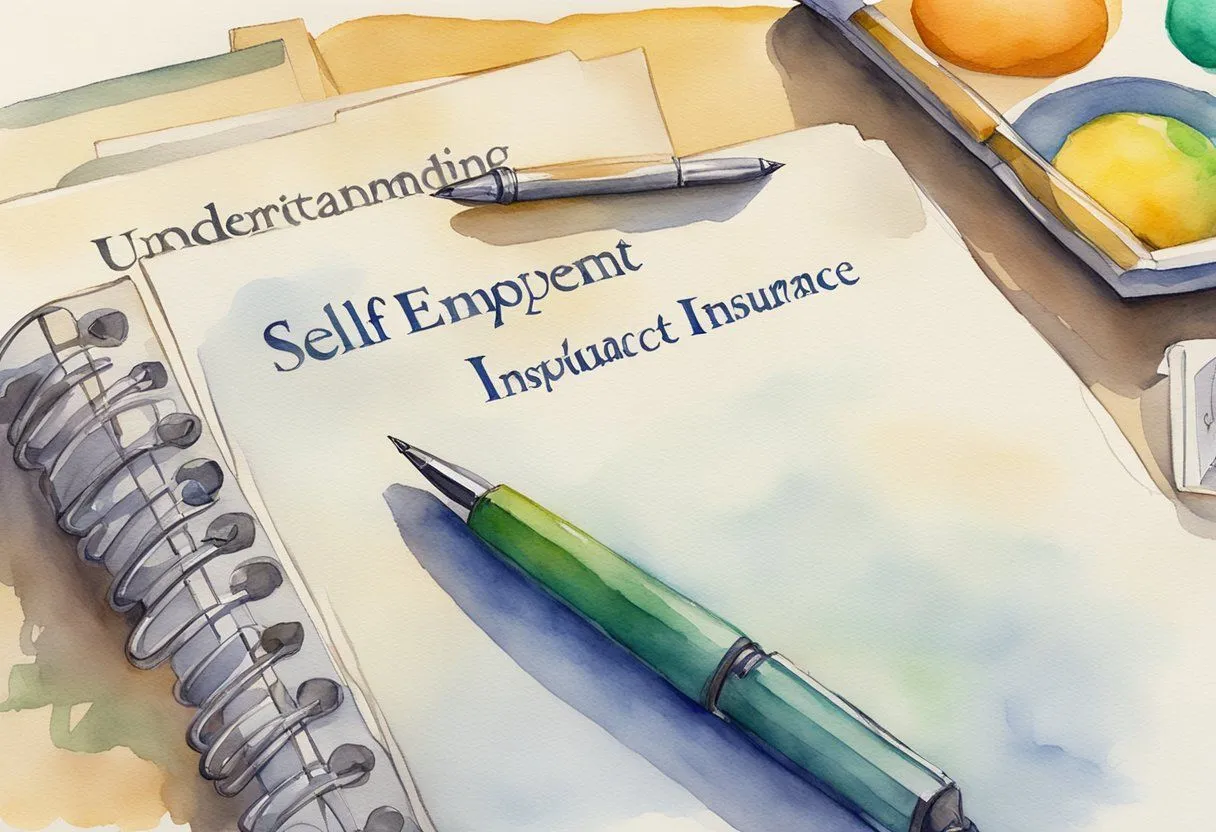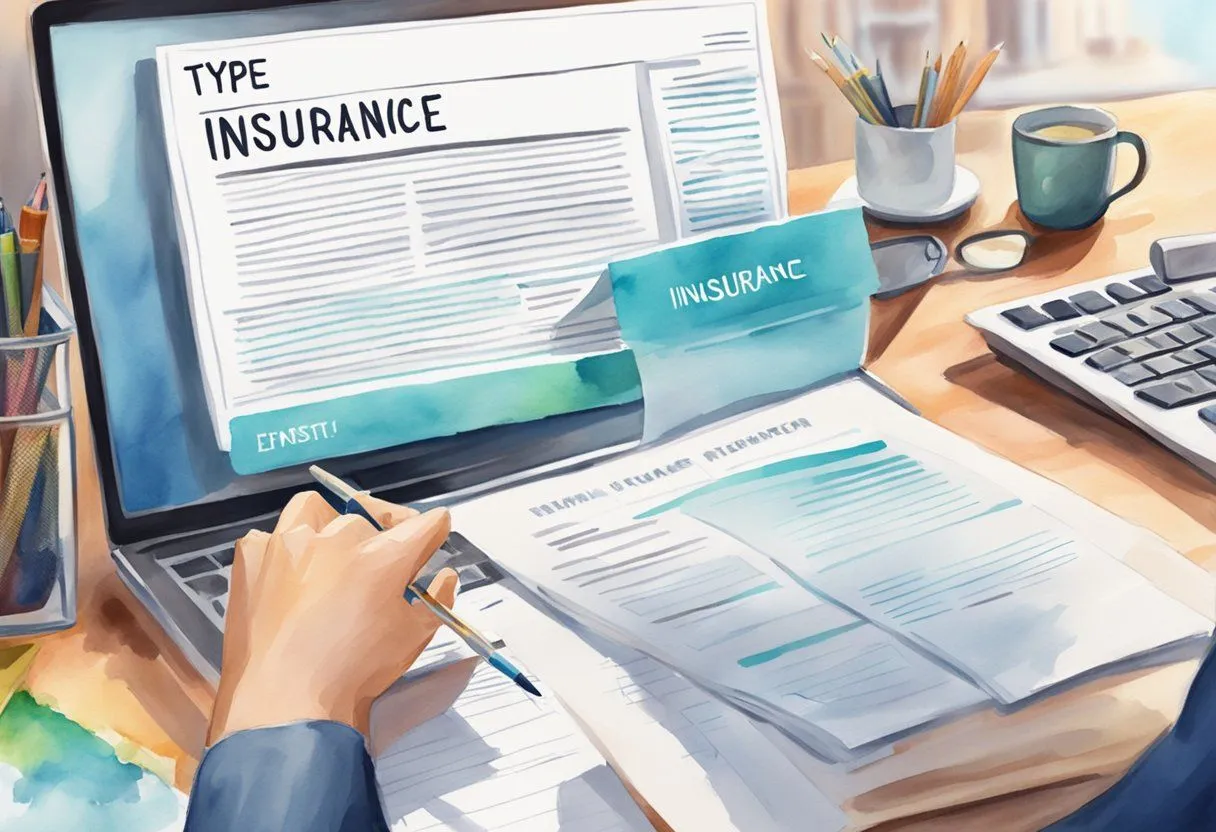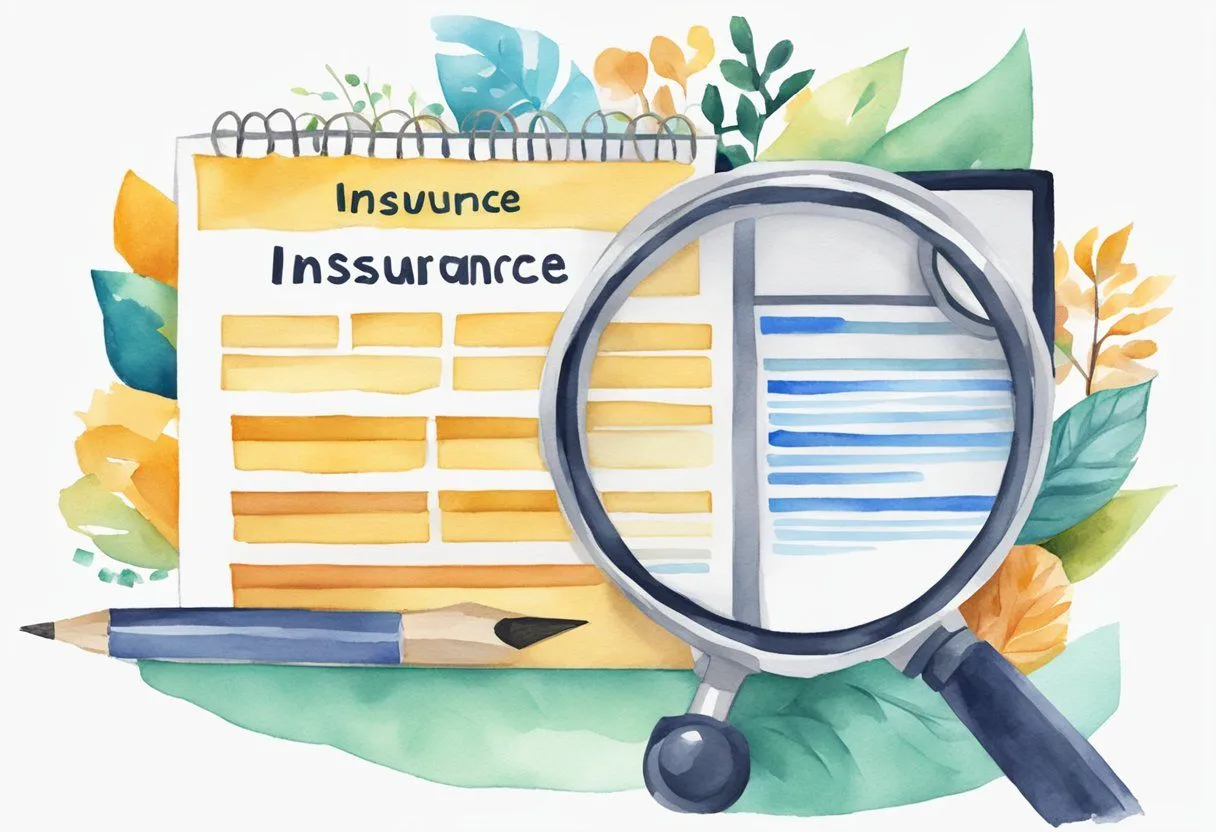Insurance for the Self-Employed: A Comprehensive Guide
Insurance is an essential part of financial planning, and it is no different for self-employed individuals. Self-employment offers many benefits, such as the freedom to work on your own terms, but it also comes with its unique set of challenges, including the responsibility of securing your own insurance coverage. This article will cover everything self-employed individuals need to know about insurance, including the types of insurance available and how to choose the right coverage for their needs.
One of the biggest challenges for self-employed individuals is finding affordable health insurance. Unlike traditional employees, self-employed individuals do not have access to employer-sponsored health insurance plans. However, there are still several options available, including individual health insurance plans, health savings accounts (HSAs), and short-term health insurance plans. It is essential to understand the differences between these options and choose the coverage that best fits your needs and budget.
In addition to health insurance, self-employed individuals should also consider other types of insurance, such as disability insurance, life insurance, and liability insurance. Disability insurance can provide income replacement if you become unable to work due to an injury or illness. Life insurance can provide financial support for your loved ones in the event of your unexpected death. Liability insurance can protect you from financial loss if you are sued for damages related to your business. By understanding the different types of insurance available, self-employed individuals can make informed decisions about their insurance needs.
Understanding Self-Employment Insurance

Defining Self-Employment Insurance
Self-employment insurance is a type of insurance that provides coverage for self-employed individuals. It is designed to protect the self-employed from financial losses that may occur due to unforeseen circumstances such as accidents, illnesses, or natural disasters. Self-employment insurance policies can vary greatly and may include coverage for a range of risks, including liability, property damage, and business interruption.
Importance of Insurance for Self-Employed
Insurance is an important consideration for self-employed individuals as they do not have the same level of protection as employees of a company. Without insurance, self-employed individuals are at risk of financial ruin if they are unable to work due to an accident or illness. This can lead to significant financial losses and even bankruptcy.
Self-employment insurance can provide peace of mind and financial security for self-employed individuals. It can help protect their business and personal assets and provide a safety net in case of unexpected events. It is important for self-employed individuals to carefully consider their insurance needs and choose a policy that provides adequate coverage for their specific circumstances.
Overall, self-employment insurance is an important investment for any self-employed individual. It can provide protection and security in the face of unexpected events and help ensure the long-term success of their business.
Types of Insurance for the Self-Employed

When you’re self-employed, you’re responsible for your own insurance needs. Here are the three main types of insurance that self-employed individuals should consider:
Professional Liability Insurance
Professional liability insurance, also known as errors and omissions insurance, can protect you if a client sues you for negligence, errors, or mistakes in your work. This type of insurance can cover legal fees, settlements, and judgments.
If you’re a consultant, freelancer, or other type of professional who provides advice or services to clients, professional liability insurance is essential. Even if you’re confident in your abilities, mistakes can happen, and a lawsuit can be costly and time-consuming.
Health Insurance
Self-employed individuals are responsible for their own health insurance. This can be a daunting task, but there are many options available. You can purchase a policy on the individual market, join a health sharing ministry, or enroll in a spouse’s or parent’s plan if you’re eligible.
It’s important to have health insurance to protect yourself from unexpected medical expenses. Without insurance, a serious illness or injury can lead to financial ruin.
Disability Insurance
Disability insurance can provide income replacement if you’re unable to work due to an illness or injury. This type of insurance can help you pay your bills and maintain your lifestyle while you recover.
As a self-employed individual, you don’t have access to employer-provided disability insurance. However, you can purchase an individual policy or join a professional association that offers group disability insurance.
In conclusion, self-employed individuals need to be proactive about their insurance needs. By considering professional liability insurance, health insurance, and disability insurance, you can protect yourself and your business from financial risks.
How to Choose the Right Insurance

When it comes to choosing the right insurance for the self-employed, there are a few things to consider. Here are some tips to help you make the right decision:
Assessing Your Needs
Before you start looking for insurance, it’s important to assess your needs. Consider what types of risks you face as a self-employed individual and what types of coverage you need. For example, if you work from home, you may need liability insurance to protect you in case someone is injured on your property. If you work in a high-risk industry, such as construction, you may need more comprehensive coverage to protect you against accidents and injuries.
Comparing Insurance Providers
Once you have assessed your needs, it’s time to start comparing insurance providers. Look for providers that offer coverage for the types of risks you face and that have a good reputation in the industry. You may also want to consider factors such as cost, deductibles, and coverage limits when comparing providers.
When comparing insurance providers, it’s important to read the fine print. Make sure you understand what is covered and what is not covered under each policy. You may also want to pay attention to exclusions and limitations that may affect your coverage.
Overall, choosing the right insurance for the self-employed requires careful consideration and research. By assessing your needs and comparing insurance providers, you can find the coverage that is right for you.
Managing Your Insurance Policy
As a self-employed individual, it is crucial to manage your insurance policy to ensure that you have adequate coverage and can make the most of your benefits. Here are some things to keep in mind when managing your insurance policy.
Policy Renewal and Updates
It is important to keep your insurance policy up-to-date. This includes renewing your policy on time and making any necessary updates to your coverage. You should review your policy at least once a year to ensure that you have the right coverage for your needs.
When renewing your policy, make sure to carefully review the terms and conditions, as well as any changes to your coverage or premiums. If you have any questions or concerns, don’t hesitate to contact your insurance provider.
Claiming Insurance Benefits
If you need to make a claim on your insurance policy, it is important to do so promptly and accurately. This will help ensure that your claim is processed quickly and that you receive the benefits you are entitled to.
When making a claim, be sure to provide all of the necessary information and documentation. This may include medical records, receipts, and other supporting documents. If you are unsure about what you need to provide, contact your insurance provider for guidance.
Remember that insurance policies can be complex, so it is important to read and understand your policy thoroughly. If you have any questions or concerns, don’t hesitate to contact your insurance provider for assistance. By managing your insurance policy effectively, you can have peace of mind knowing that you are protected in the event of unexpected events.



